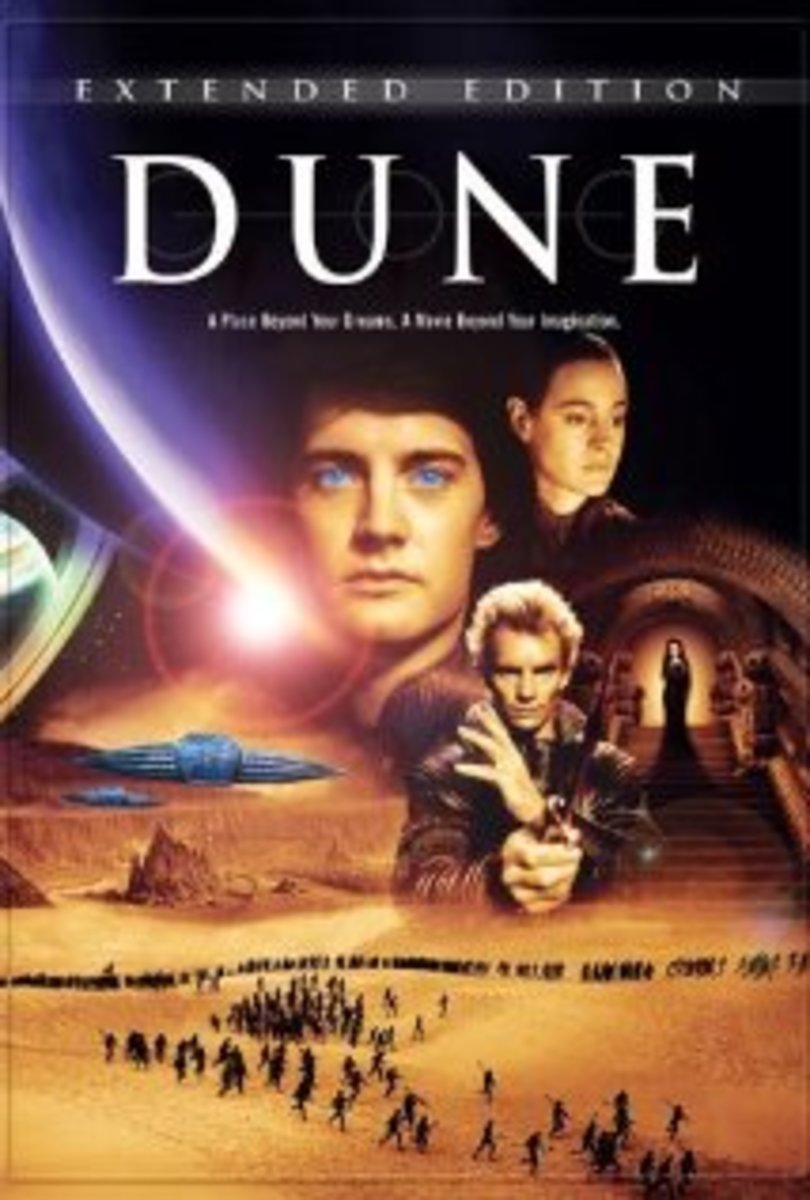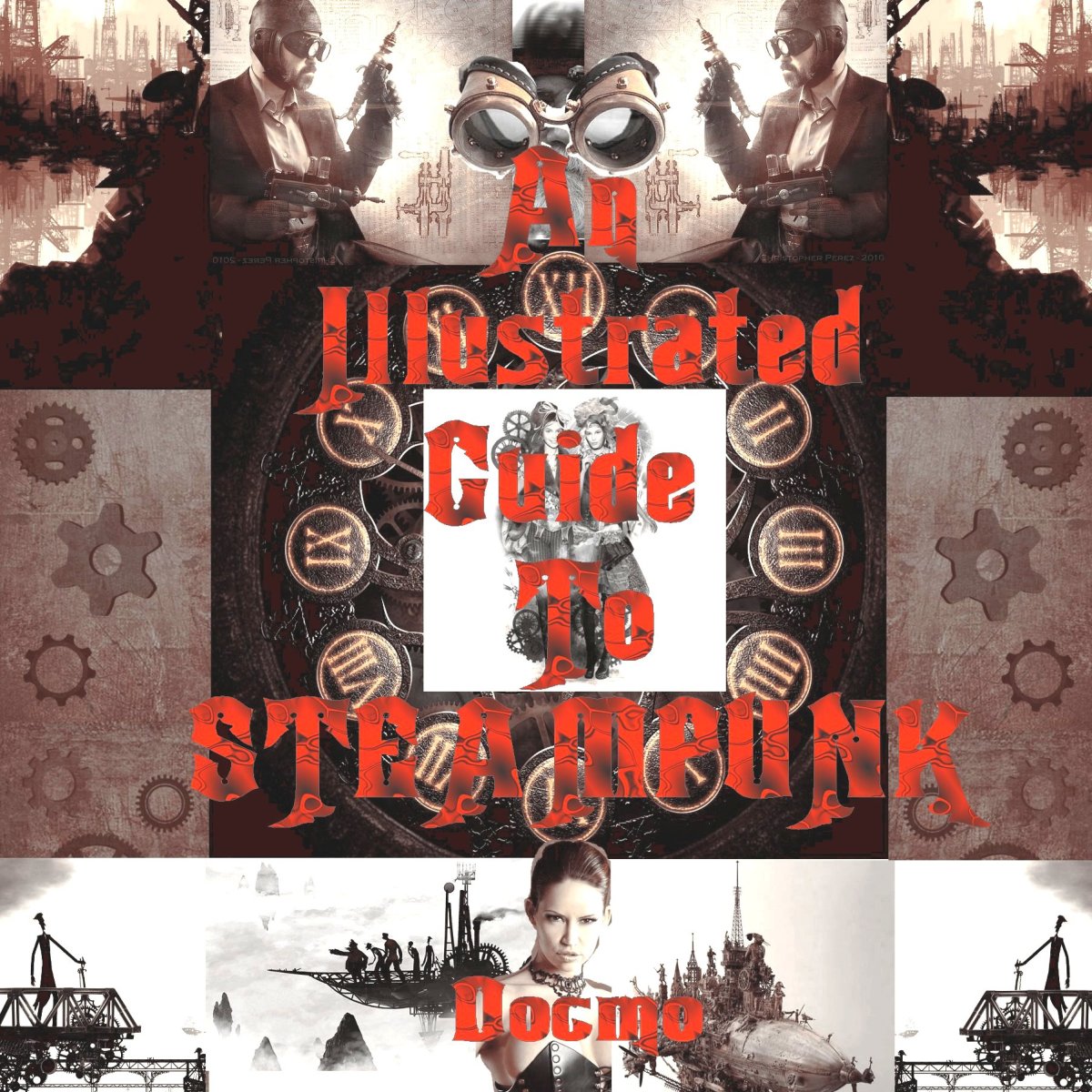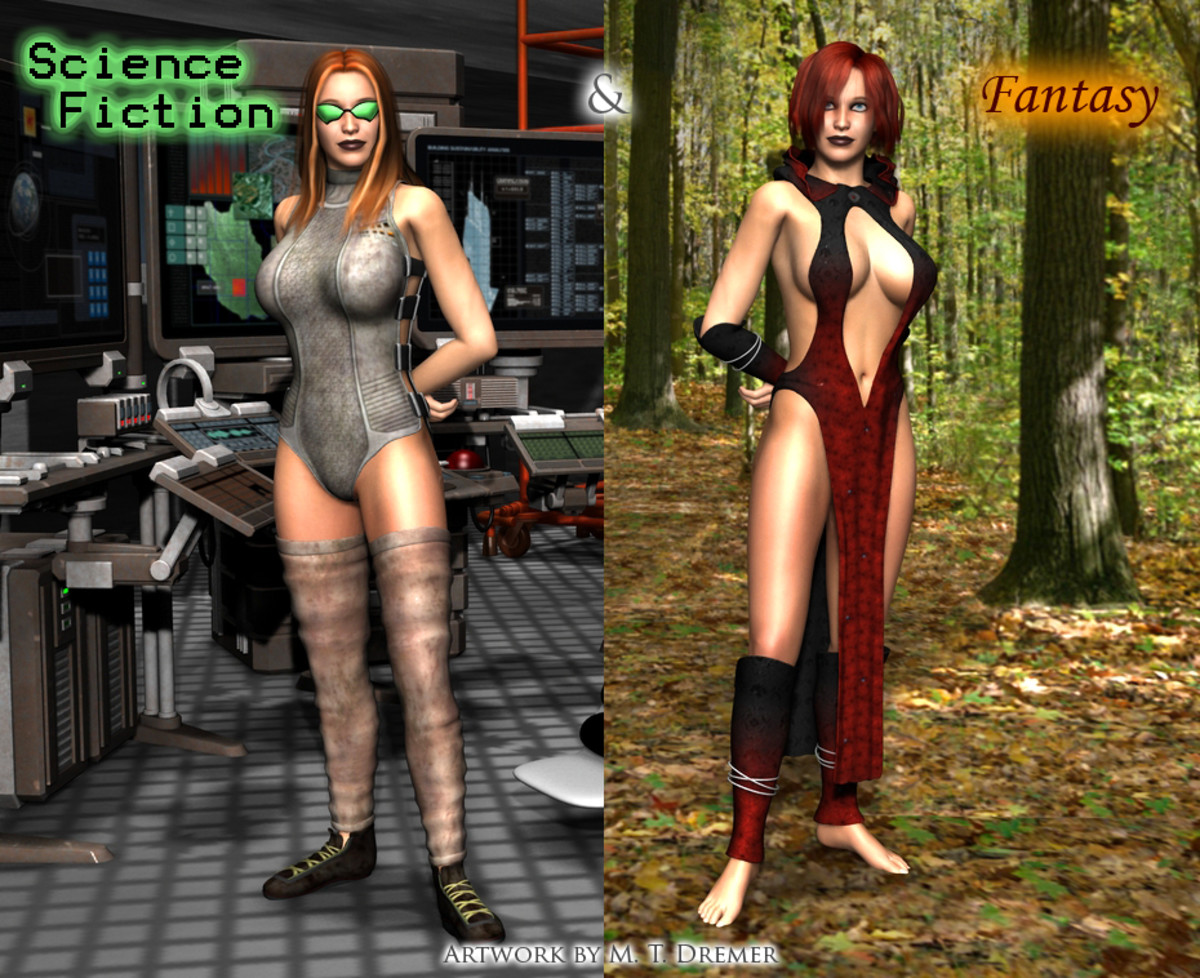- HubPages»
- Books, Literature, and Writing»
- Books & Novels»
- Fiction»
- Science Fiction & Fantasy Books
Tempered Fiction: How do you differentiate hard and soft science fiction?
What kind is it?
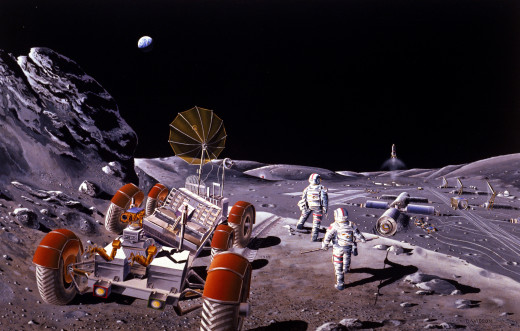
What's the difference?
For those not familiar with the sci-fi genre the distinctions between hard science fiction vs soft or how the fans distinguish both of them from science fantasy is probably confusing. The fact is that there are no hard rules for the distinction. From hard science fiction to science fantasy is really more a continuous spectrum than a set of rigid categories. So what determines where on that spectrum an individual work falls? Is it in the eye of the beholder?
The March of progress
- Michelson–Morley experiment - Wikipedia, the free encyclopedia
- Themes : Generation Starships : SFE : Science Fiction Encyclopedia
Welcome to the third edition of The Encyclopedia of Science Fiction. Our aim is to provide a comprehensive, scholarly, and critical guide to science fiction in all its forms. - Warp Drive More Possible Than Thought, Scientists Say | Space.com
Faster than light travel may actually be possible using a warp drive to bend space around a starship. New calculations suggest such a vehicle would require less energy than once thought.
Hard Sci-fi
Define Hard
Hard science fiction is best defined by rigid adherence to known scientific principals, as of the time the story was written. That last part is quite important. Contrary to what you might have been told in school, science is not written in stone. New theories are constantly being put forth and old ones discarded. All scientific truth, no matter how highly regarded, is the current best approximation we have of a description of how the universe works. Prior to the Michelson-Morley experiment in 1887 it was assumed that light propagated through the aether. Once that theory was turned on it's head it literally took Einstein to explain how an aetherless universe worked. When you apply that understanding of science to classic sci-fi you find stories featuring martians were hard science fiction as recently as the 1950s. What's considered hard science fiction now will probably look just as dated based on new discoveries sixty or more years from now. Most hard sci-fi tends to be set in the relatively near future. After all, the further into the future your setting is the more likely it is that an intervening scientific revolution will have occurred. Not that the date of a stories setting is a good indicator. A story featuring a generation ship set a thousand years in the future might be hard science fiction, while one with hyper-drive fifty years from now might not. Modes of space travel are often a guidepost for hard vs soft science fiction. Hard science fiction might use relativistic time dilation, cryogenic or generation ships but seldom features faster than light travel. Although current theories regarding wormholes and warp drive are changing that.
Is it hard sci-fi?
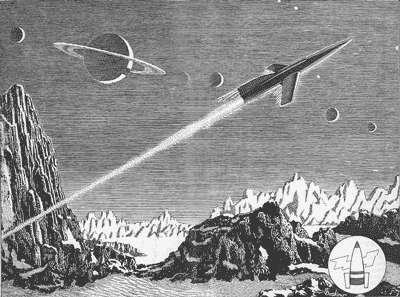
How many impossible things?
Hard science fiction might allow one or two deviations from currently known scientific laws. Even then, a pseudoscience explanation was usually required. Hyper-drive (or a similar form of FTL travel) is one of the most common pseudo science elements. Artificial gravity, especially in TV and movies, was often a close second. These were allowed because they served as plot devices to get the characters into a situation where known scientific law was followed with greater rigor. The more laws of science that are violated in a given work the less it will be considered hard sci-fi. Likewise the further toward the fringes of accepted science a work is based the less it will be considered hard science fiction. For example, though parapsychology is given some scientific scrutiny it is enough on the fringes that it moves works including it away from the hard sci-fi arena.
Star Trek
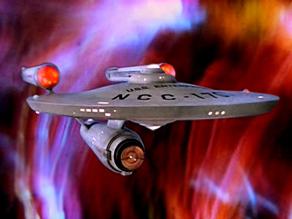
Geting softer
Curiously, although hyper-drive and artificial gravity can (just barely) be fit into hard science fiction, technology that spins off from them might not. Sci-fi is full of things like force fields, tractor beams and reaction-less drive systems. Usually these are seen as signs that the work including them is moving away from hard territory. Somehow, when a show includes artificial gravity, the audience forgives it as dramatic necessity since they can't make the performers float (without blowing the whole budget). Likewise readers forgive it as having borrowed the idea from T.V. and movies. To extrapolate the same techno-babble behind keeping the characters feet on the floor into a tractor beam is often seen as reducing the rigor with which real science is followed. This is an extension of the idea that hard science fiction can only allow one or two deviations. Artificial gravity and tractor beams might be accepted together but only if you don't also include FTL travel. On the other hand many sci-fi stories freely extrapolate every spin off technology they can to create a self consistent setting. These are generally considered soft science fiction.
Some impossible things aren't hard sci-fi
There are also works that are based on fictional technology (often a single type of device) that take advantage of hypothetical principals that no one in the real world yet knows how to test let alone apply practically. Time travel and parallel universes are a primary example. Serious scientific speculation says other universes might exist, but means of proving it, let alone reaching them is, at best, elusive. Stories of travel to these worlds is only saved from being shunted into the fantasy genre by the use of a technological device. The same is true of time travel stories. Though these stories are based on a single impossible device they usually aren't considered hard sci-fi. This distinction probably arises from the lack of science beyond basic hypothesis behind the story.
Iconic science fantasy

Just go ahead and call it magic
Science Fantasy
So if hard science fiction is defined by it's rigorous science and the spectrum of soft sci-fi by how much of the impossible is included, what then differentiates science fantasy? Fringe science like parapsychology is one way as previously mentioned. The most famous science fantasy franchise Star Wars practically defines sci-fantasy space opera. In addition to the amount of impossible technology portrayed the films featured space ships behaving like aircraft, sound traveling in space and the iconic “force” that might as well have been magic. Sometimes science fantasy settings don't even bother to disguise the magic in their stories. The creators of the Shadowrun role playing game and it's spin off novels based their entire product on mixing, the usually hard sci-fi, cyberpunk with the magic and creatures of fantasy.
The eye of the beholder
Ultimately what makes something hard sci-fi or science fantasy is in the eye of the beholder. The amount of impossible technology one member of an audience might accept is often too much for another. Likewise, what one writer might think is the next cutting edge scientific theory might be dismissed as fringe science by the audience. Sometimes different aspects of a single setting might run the entire spectrum. For example Asimov's robot stories start their time-line as fairly hard sci-fi but as the future history progressed to the Empire period the science softened somewhat and by Foundation and Earth elements that might be called science fantasy appeared. So remember when you try to describe something to a friend, what you call hard science fiction may not be what they think is hard sci-fi.






